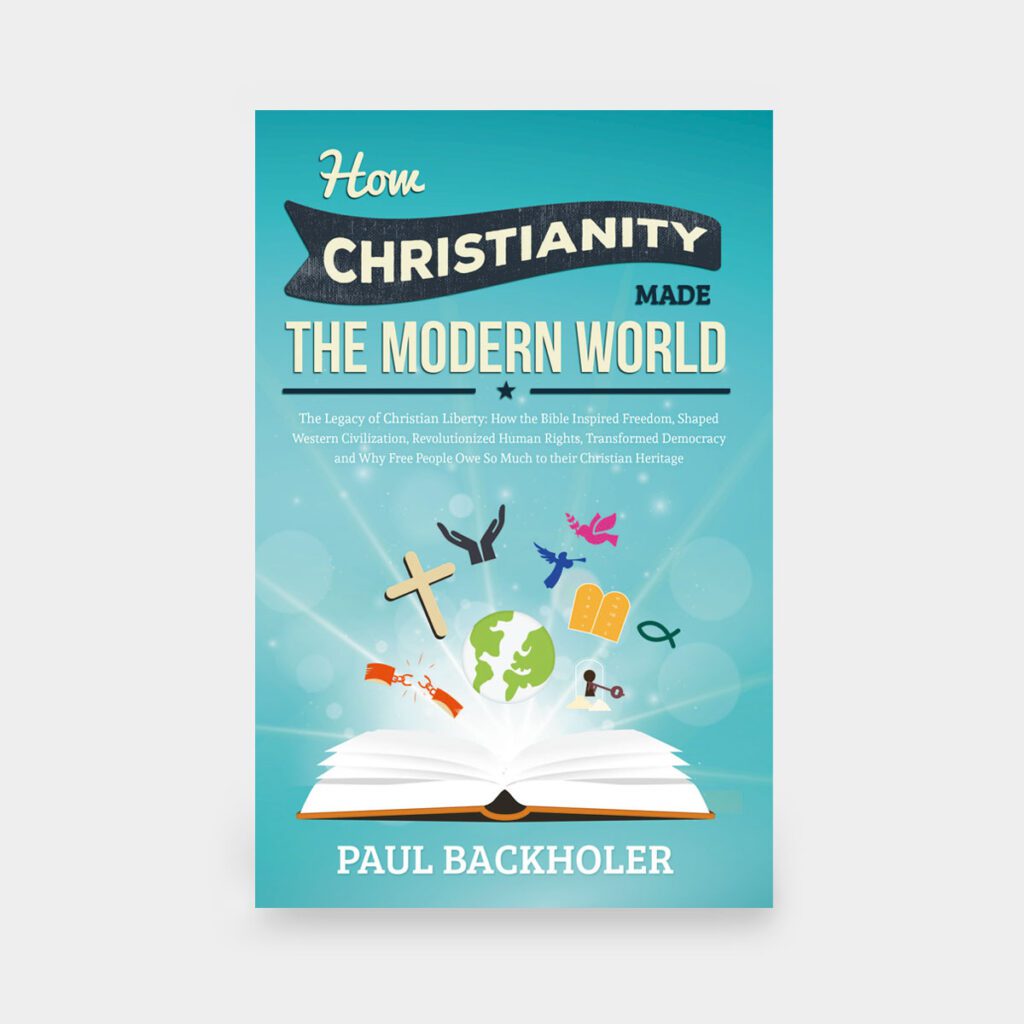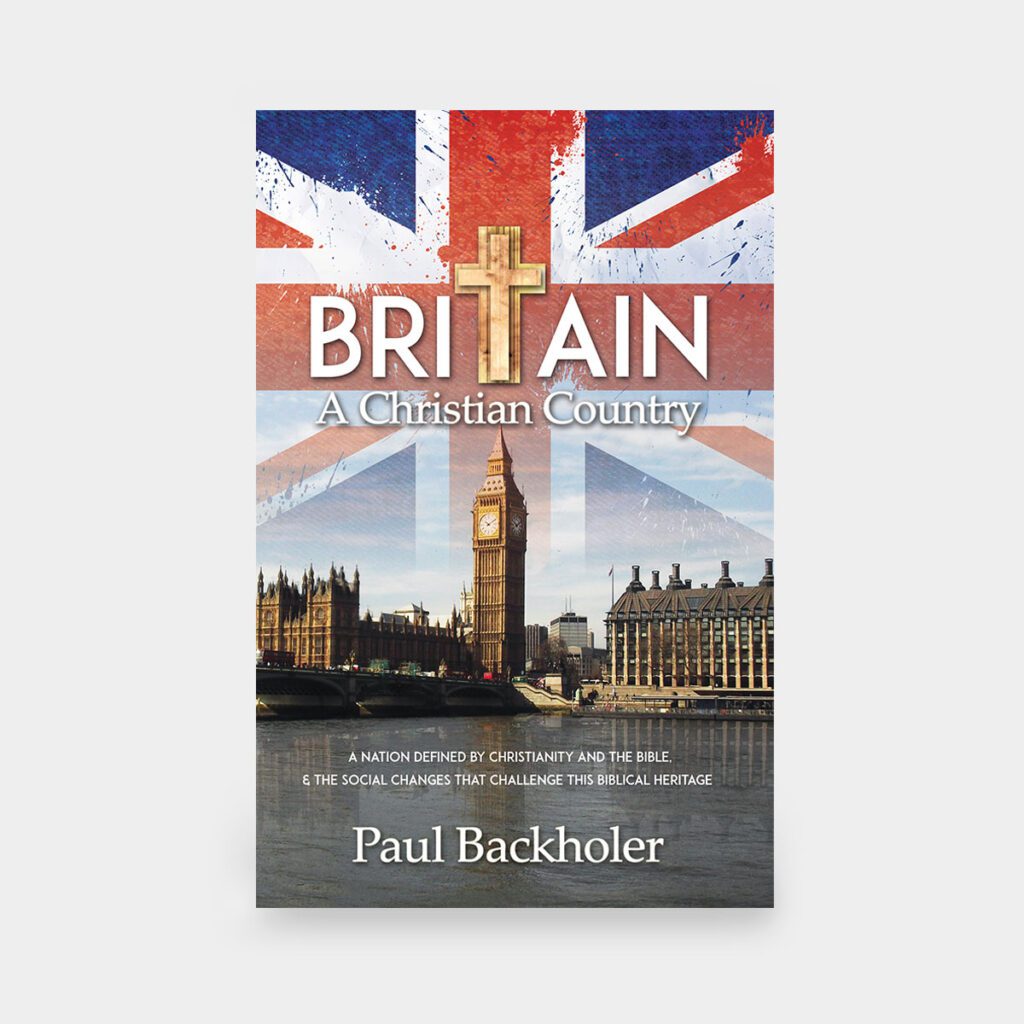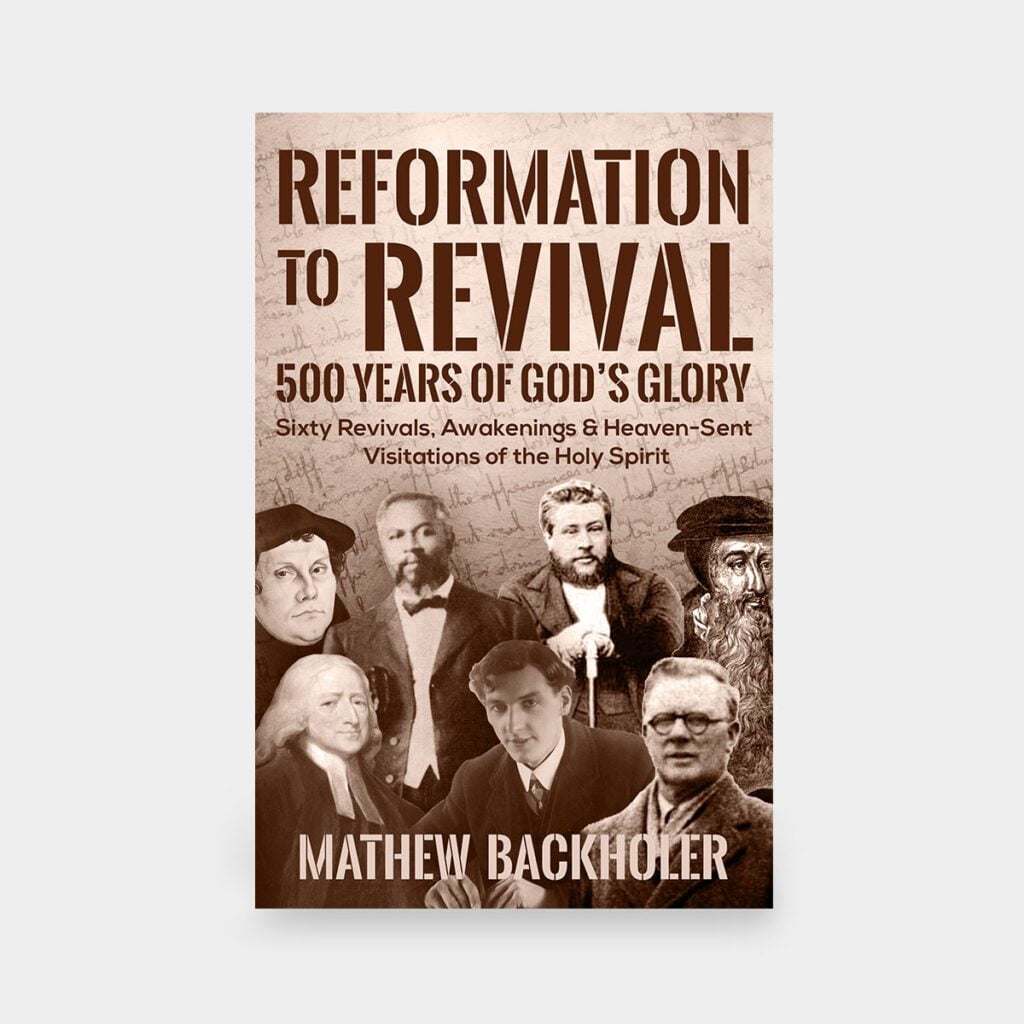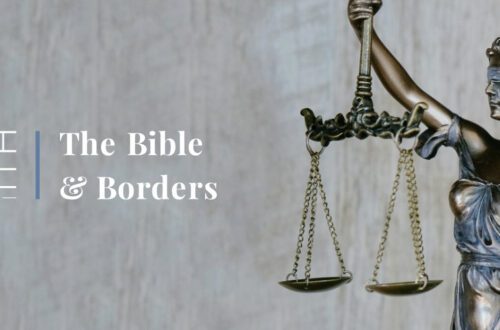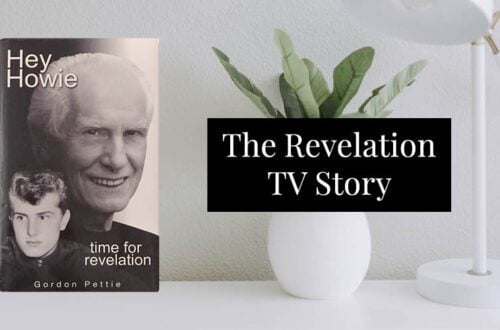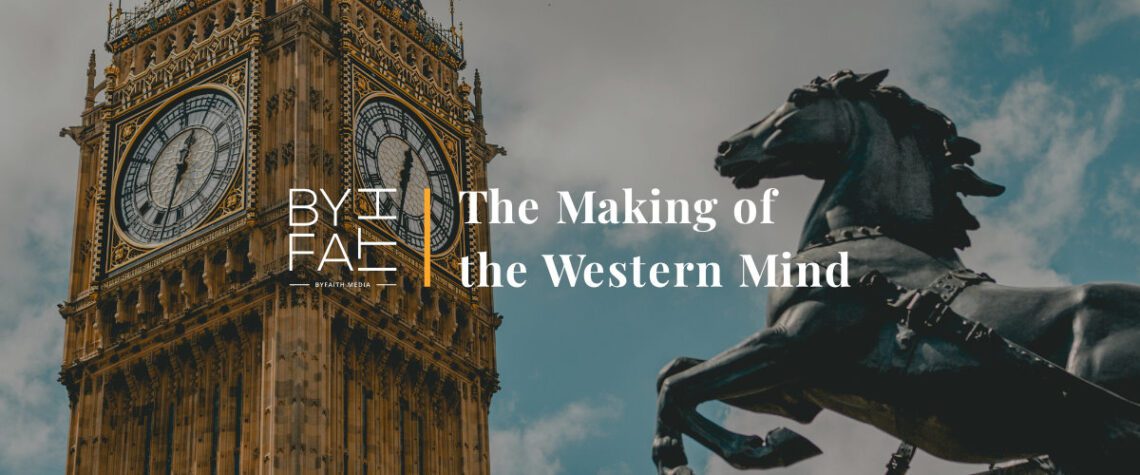
Dominion, The Making of the Western Mind by Tom Holland: Book Review
“Why I was wrong about Christianity,” was the opening pitch by historian Tom Holland, concerning a seismic shift taking place in Western understanding of our heritage, beliefs and values. Western morals, he contends, do not find their genesis in the Greek or Roman world, but in Christianity, like blood running through our veins or silent software on our devices. He summarises his conclusion in his book Dominion, The Making of the Western Mind.
All of us in the West are a goldfish and the water that we swim in is Christianity…an entire civilisation
– Tom Holland
Holland’s Dominion is a fathomless excavation of the Western mind, unearthing a bedrock of Christian thought often obscured by time and prejudice. He invites us to confront a radical proposition: that the moral and ethical fabric of Western civilisation, however imperfect, finds its genesis in the revolutionary values sown by Christianity. We are, in subterranean belief, the scions of the thoughts and teaching of Jesus and the Apostle Paul.
For perhaps he departed for a while for this purpose, that you might receive him forever, no longer as a slave but more than a slave — a beloved brother, especially to me but how much more to you, both in the flesh and in the Lord
– Philemon 1:15-16
From the outset, Holland throws punches at historical amnesia. He paints a stark picture of the pre-Christian Greco-Roman world, where ‘infanticide, exposure of unwanted children, and casual brutality towards slaves’ were commonplace. Enter Christianity, with its audacious message of love, equality and individual worth. The concept of a universal God who loved even the marginalised was dynamite, shattering the hierarchical structures of the past.
The heroes of the Iliad, favourites of the gods, golden and predatory, had scorned the weak and downtrodden. So too, for all the honour that Julian paid them, had philosophers. The starving deserved no sympathy. Beggars were best rounded up and deported. Pity risked undermining a wise man’s self-control
– Dominion, The Making of the Western Mind by Tom Holland
Holland masterfully weaves quotes from historical figures, illuminating the seismic shift. Consider Augustine, declaring that ‘every human being, irrespective of social status, possesses an intrinsic dignity.’ Or Gregory of Nyssa, asserting that ‘the rich man who refuses to share his wealth with the poor is a thief.’ These were not abstract pronouncements; they sparked concrete action. Early church leaders established hospitals, orphanages, and shelters, offering havens for the ostracised.
Paul proclaimed that it was the ‘low and despised in the world, mere nothings’, who ranked first. Among a people who had always celebrated the agon, the contest to be the best, he announced that God had chosen the foolish to shame the wise, and the weak to shame the strong. In a world that took for granted the hierarchy of human chattels and their owners, he insisted that the distinctions between slave and free, now that Christ himself had suffered the death of a slave, were of no more account than those between Greek and Jew
– Dominion, The Making of the Western Mind by Tom Holland
Holland doesn’t shy away from the dark side either, the Inquisition and religious wars – these ugly blemishes are not glossed over. But Holland argues that even these aberrations were, ironically, products of the very values they sought to distort. The very notion of religious wars, with their justifications of ‘righteous conquest to eradicate evil,’ stemmed from the Christian belief in a universal moral order.
The book‘s power lies not just in its historical sweep but also in its relevance to our present. Holland challenges the West to interrogate its own presumed secularised values, asking if they are truly independent of their Christian roots. Are concepts like human rights, social justice, and individual dignity truly secular, or do they echo the whispers of an ancient revolution?
That God was closer to the weak than to the mighty, to the poor than to the rich. Any beggar, any criminal, might be Christ. So the last will be first, and the first last
– Dominion, The Making of the Western Mind by Tom Holland
Holland doesn’t provide easy answers, but rather invites critical reflection of the river of thought that began with Christ. As an example to ponder, ‘woke social justice,’ could be viewed a Christian heresy, led by people who believe they are fighting for the good, even if they are deceived, as they burn down buildings and steal claiming it’s reparations.
Perhaps too, in the darkest of times in Christendom, Christians failed to ask themselves if their behaviour was inspired by Jesus or if it was a repudiation of Jesus‘ message of love your enemies as yourselves, as Dostoevsky points out in the Grand Inquisitor.
Jesus said, “Blessed are the poor in spirit, for theirs is the Kingdom of Heaven. Blessed are those who mourn, for they shall be comforted. Blessed are the meek, for they shall inherit the earth. Blessed are those who hunger and thirst for righteousness, for they shall be filled. Blessed are the merciful, for they shall obtain mercy. Blessed are the pure in heart, for they shall see God”
– Matthew 5:3-8
Dominion is not a hagiography of Christianity; it‘s a nuanced exploration of its complex and undeniable influence. It compels us to confront the ugly, the beautiful and the enduring legacy of a belief system that dared to proclaim the inherent value of every human life. Whether you‘re a believer or not, this book is a special read for anyone who wants to understand the roots of the West‘s moral compass and the ever-evolving story of the Western mind.
To be a Christian is to believe that God became man and suffered a death as terrible as any mortal has ever suffered. This is why the cross, that ancient implement of torture, remains what it has always been: the fitting symbol of the Christian revolution. It is the audacity of it—the audacity of finding in a twisted and defeated corpse the glory of the creator of the universe—that serves to explain, more surely than anything else, the sheer strangeness of Christianity, and of the civilisation to which it gave birth
– Dominion, The Making of the Western Mind by Tom Holland
Holland writes with a captivating flair of a seasoned novelists, with a flowing love for words, each sentence a brushstroke painting a vivid scene, imbued with the rhythm of life. All who read Dominion will feel they are on an epic 624 page journey, committing themselves to many hours of thought and being prepare to be challenged, surprised, and perhaps inspired by the echoes of a revolution that continues to shape our world, even two millennia after its inception.
There is neither Jew nor Greek, there is neither slave nor free, there is neither male nor female; for you are all one in Christ Jesus
– Galatians 3:28
By Paul Backholer. Find out about Paul‘s books here.


